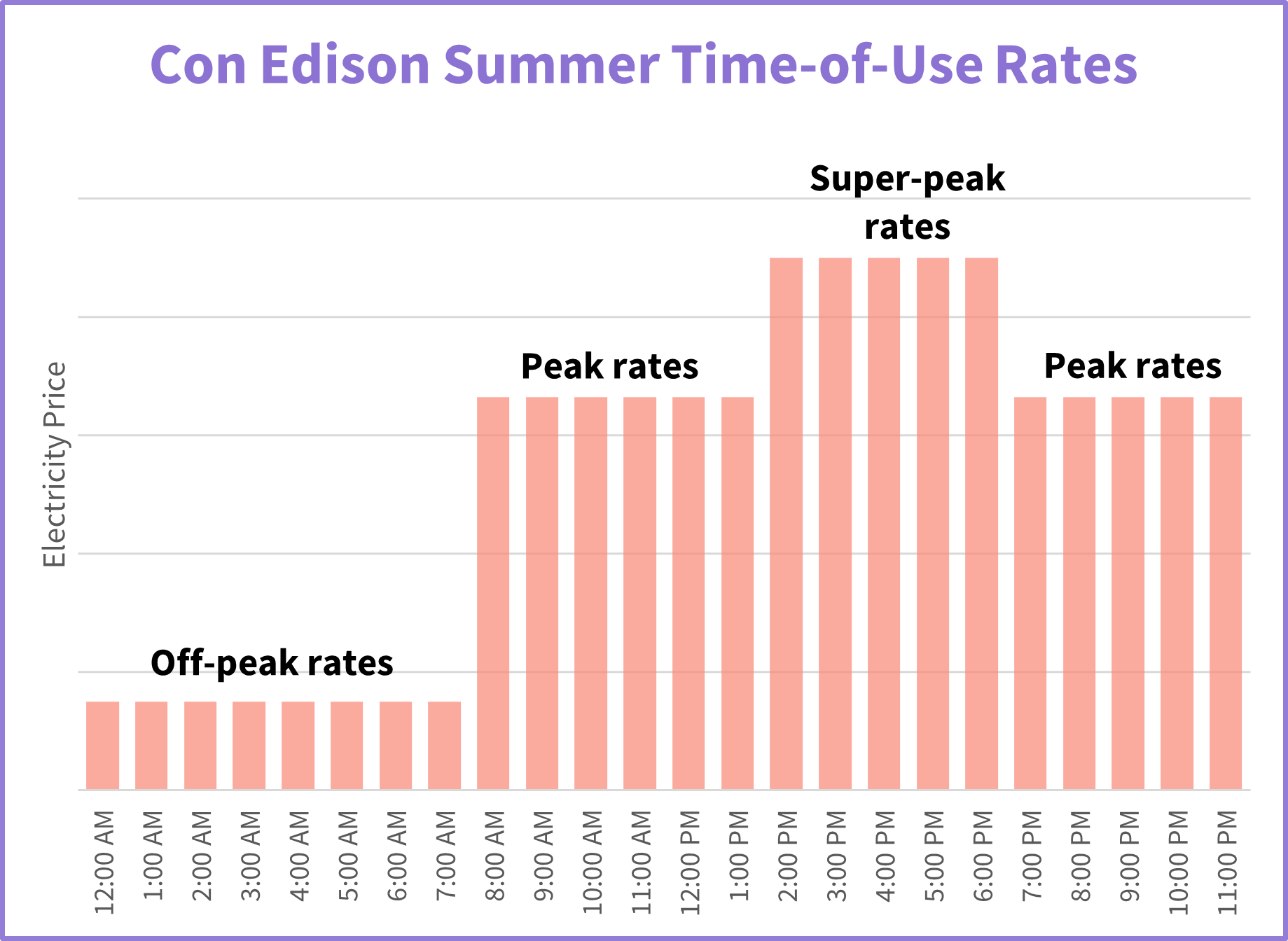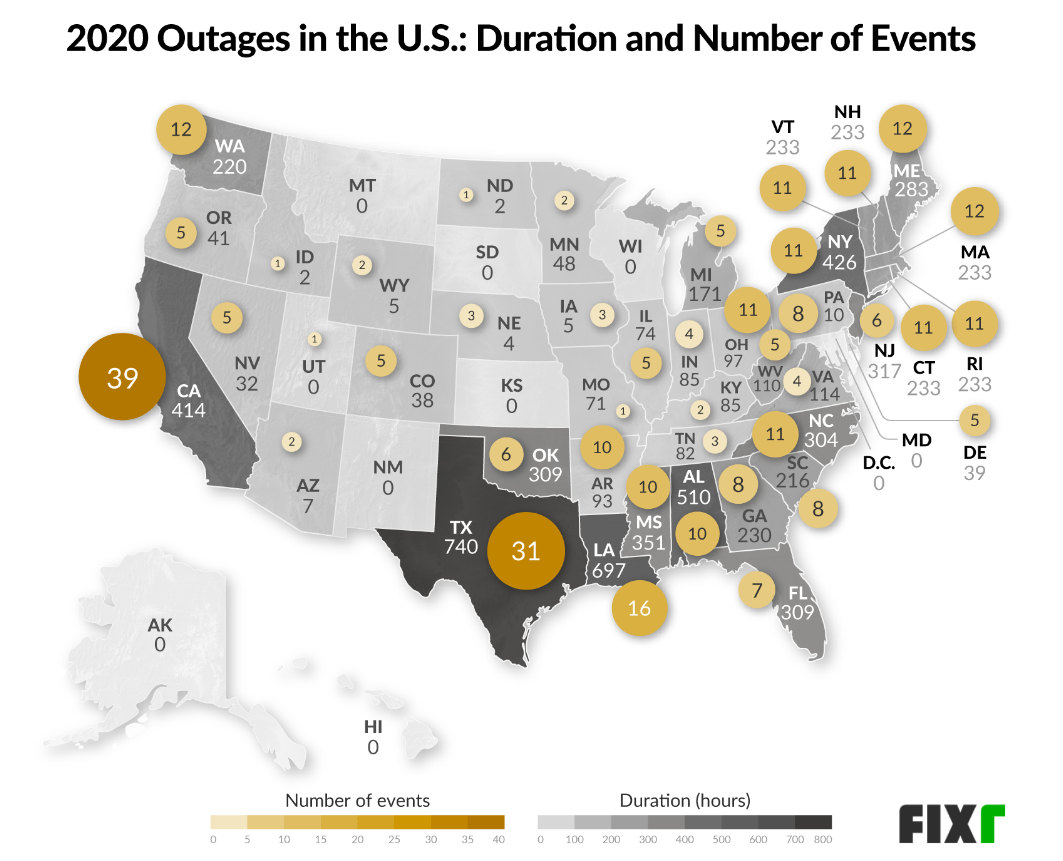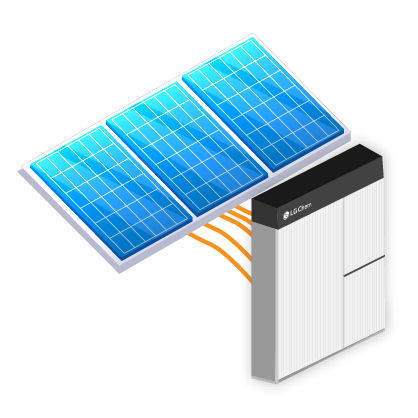Is Solar Battery Storage Worth It in New York?
Between rising electricity prices and robust incentives, solar panels have become a no-brainer in New York. Home solar is a way to save money, reduce emissions, and increase home value. But fewer New Yorkers are aware of the benefits of battery storage, whether it’s paired with solar panels or not.
In this article, we’ll explore three main benefits of battery storage in New York and some incentives that can help reduce the cost and increase energy cost savings.
Let’s dive in with what homeowners care about most: How battery storage can reduce your energy costs.
Connect with an Energy Advisor to see how much you could save with solar and battery storage.
How battery storage can reduce your energy costs in New York
It sounds counterintuitive to buy a $10,000 battery in order to save money, but there are actually two ways that battery storage can reduce energy costs in New York.
The first way is pretty simple: Powering your home with solar and battery storage in New York is simply less expensive than buying electricity from a utility.
That’s a pretty tall claim, so let’s crunch some numbers to back it up.
Cost of solar and battery versus grid electricity in New York
Let’s say you are a Con Edison customer and you buy a 5 kW solar system for $25,000 and a 10 kWh battery for $10,000, for a total cost of $35,000. With New York’s solar and battery incentives, you can reduce the cost of that system to around $20,000 for a cash purchase. Here’s how:
| Gross cost of system | $35,000 |
| NYSERDA rebate | -$1,000 |
| Price paid for system | $34,000 |
| 30% Fed. tax credit | -$10,200 |
| 25% NY tax credit | -$5,000 (max. amount) |
| 20-years of net metering fees | $1,308 |
| Net cost of system | $20,108 |
If you take out a 20-year solar loan, the interest and lending fees will bring the all-in cost closer to $30,000. However, that’s still much less expensive than buying the same amount of electricity from a utility.
Assuming 3% rate hikes each year (a conservative estimate), buying electricity from a utility will cost nearly $38,000 over 20 years. So, solar and battery owners in New York stand to save $8,000 to $18,000 by providing their own clean energy.

As we mentioned above, there are two ways to reduce your energy costs using battery storage. The second way is called load shifting.
Load shifting using battery storage in New York
If your roof is shaded by trees or other obstructions, solar probably doesn’t make sense for you — and that’s okay. Using standalone battery storage (batteries that are connected to solar panels), many New Yorkers deploy a strategy called load shifting to lower their energy bills.
Here’s how it works.
Most utilities in New York offer time-of-use rate plans. In time-of-use plans, the price of electricity changes based on the season and time of day. For example, in Con Edison’s time-of-use rate plan, delivery rates* between June 1 and September 30 vary from 1.80 cents per kWh during off-peak hours and 25.5 cents per kWh during peak hours. There are also super-peak rates on weekdays from 2 pm to 6 pm during summer months that are significantly higher than peak and off-peak rates.
*Keep in mind, these are delivery rates only and do not include supply charges.

If you have battery storage, you can soak up cheap electricity during off-peak periods to offset the cost of electricity during peak and super-peak periods. Based on an analysis of Con Edison’s time-of-use rate structure, load shifting 9 kWh of electricity per day could reduce electricity costs by over $500 per year. Over the 10+ year life of a battery, that adds up to thousands of dollars in energy cost savings.
While it’s unlikely that a battery can entirely pay for itself through load shifting alone, the bill savings can substantially reduce the cost enough to justify buying a battery for it’s primary purpose: backup power.
Battery storage for backup power in New York
According to the US Energy Information Administration, New York was among the top 10 states for both the number and duration of power outage events in 2020. This included an outage beginning on February 7 that lasted nearly 67 hours.

Whether it’s caused by a heat wave, winter storm, cyberattack, or squirrels, power outages are on the rise, and can pose a serious problem. But with battery storage, New Yorkers can power essential systems like refrigerators, water heaters, wifi, and cell phone charging. Although it maybe not be able to power electric heating and cooling, battery storage can help your gas furnace fire up during an outage, which is a complete game-changer during a winter storm.
And battery backup can last longer and power more its paired with solar panels.
In fact, the Lawrence Berkeley National Laboratory found that a small photovoltaics and energy storage system with 10 kWh of battery storage “can fully meet backup needs over a 3-day outage in virtually all U.S. counties and any month of the year.” (Again, this does not include electric heat or air conditioning).
Gaining energy independence through battery storage
The third benefit of battery storage in New York is energy independence. Now, energy independence has become a politically charged buzzword in the last few years, so here’s what we mean by that.
Electricity is an essential cost that you’re going to pay for — one way or another — your entire life. Most people buy electricity through a utility provider and have zero control over:
- The price of electricity
- Where the electricity comes from
- What their bill payments are funding
- Which utility they can buy power from
In other words, ratepayers have little-to-no control over their energy costs. They either buy what the utility is selling, or sit in the dark.
But, with a solar and battery storage system, you control the production, transmission, storage, and consumption of your electricity. And by tweaking your equipment and how you pay for it, you can control how much you pay for electricity.
Battery storage is key to energy independence because it allows homeowners to store and use excess electricity from their solar system, and minimize the interaction with the grid and utility provider.
Battery storage incentives in New York
There are at least two incentives for battery storage available in New York. First, there’s the Residential Clean Energy Credit through the federal government. This credit is worth 30% of the price paid for battery storage and, thanks to the Inflation Reduction Act, now applies to standalone battery storage in addition to batteries connected to solar systems.
So, if you paid $10,000 for a battery, the credit would be worth $3,000 and effectively reduce the cost to $7,000.
The second incentive is the PSEG Long Island Battery Rewards Program. In this program, PSEG Long Island customers with solar and battery storage can earn money by discharging their batteries during high-demand events during the summer. The exact incentive rate varies based on the system and equipment of the system, but it’s worth checking out if you live on Long Island.
The bottom line
Battery storage is often thought of as a luxury product. But between New York’s high energy prices, time of use rates, and frequent power outages, there are more than enough benefits to justify the cost of battery storage.
Battery storage is also crucial to energy independence, which many homeowners value and seek to achieve.
Connect with an Energy Advisor to see how you could benefit from battery storage in New York.
Frequently asked questions
Can I have solar in New York with battery?
Yes, solar and battery storage can be paired in New York to reduce electricity costs and provide backup power during grid outages. Homes with battery storage also help make New York’s electricity grid more resilient.
How long do solar batteries last?
Solar batteries are typically warrantied for 10-20 years, depending on the manufacturer and model, but can last much longer. There are several techniques for extending battery life, including using large interconnection cables, rotating batteries in a bank, maintaining a minimum charge, and regularly allowing gassing or boiling.
Does New York have solar battery tax credits?
New York has a state tax credit for “solar energy system equipment,” although it’s unclear whether it applies to battery storage or not. However, the federal Residential Clean Energy Credit applies to battery storage, whether it’s connected to a solar system or not. This credit is worth 30% of the cost of the battery, including installation, permitting, and other costs.
PSEG Long Island has a battery rewards program, through which homeowners can earn money for discharging their batteries during high-demand events during the summer.








